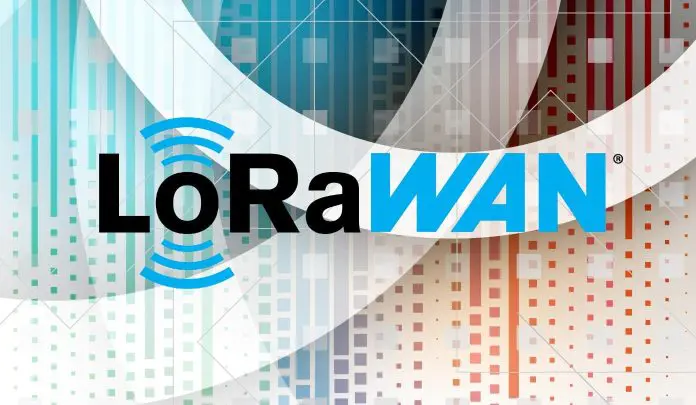Semtech Corporation is working with Germany-based IoT blockchain group MXC Foundation to deploy open networks using LoRa devices and the LoRaWAN protocol. The deal will see MXC users bring LoRaWAN networks into their international blockchain-based IoT systems, geared around low-power smart city applications.
MXC’s business model utilizes participants who serve as ‘supernodes’ to deploy and share their own personal IoT gateways, producing a “massive data highway with extensive LoRaWAN network coverage”. A statement said: “Individuals can mine cryptocurrency and improve their own data transaction exchanges while simultaneously sharing in MXC supernode profits.”
The company is connecting communities with open-source wireless networks in the US, Europe, Korea, and Russia. It has recently reached a “strategic smart city partnership” with the government of Hangzhou, in China.
Xin Hu, chief executive at MXC Foundation, said: “The combination of blockchain technology and LoRa devices allow us to quickly provision and connect the growing number of crypto miner M2 Pro devices that contribute to the MXC ecosystem. The resulting open blockchain LoRaWAN networks help communities take advantage of various smart city solutions to maximize efficiency and reduce operating expenses.”
Marc Pegulu, vice president of IoT product marketing in Semtech’s LoRa / LoRaWAN unit, said: “With MXC Foundation’s mission to deploy open blockchain networks is a success for all stakeholders. MXC’s model not only incentivizes members to own and operate a piece of its network, but their participation helps reinforce the position of LoRaWAN as the ideal standard for low-power wide-area applications.”
Separately, US-based LoRaWAN provider Senet said the Type 1SJ LoRaWAN modem from Japan-based IoT module maker Murata has been certified for firmware updates over-the-air (FUOTA) on its LoRaWAN network server. Senet said the new certification verifies that multicast delivery of firmware images to Type 1SJ end-devices is compliant with LoRa Alliance recommendations.
The new Type 1SJ LoRaWAN module is geared for asset tracking, utilities, agriculture, smart cities, smart buildings, industrial, and other IoT applications, said Senet. It said the certification ensures IoT sensors built using the Murata module will operate at maximum efficiency on its network.
Randy Houde, software architect at Senet, commented: “ Murata’s support of LoRaWAN FUOTA and its integration with Senet’s network server expands our ability to deliver efficient, secure and reliable end device updates, providing end customers with a maximum return on investment for IoT applications deployed at mass scale.”
Steve Kim, regional business development manager for connectivity solutions at Murata in the Americas, said: “Our FUOTA collaboration with Senet proves that the LoRaWAN Network Server to End Device communication works effectively. The result provides customers with a significant advantage as they can utilize a complete module to shorten end device development cycle and save costs with a pre-certified module.”

